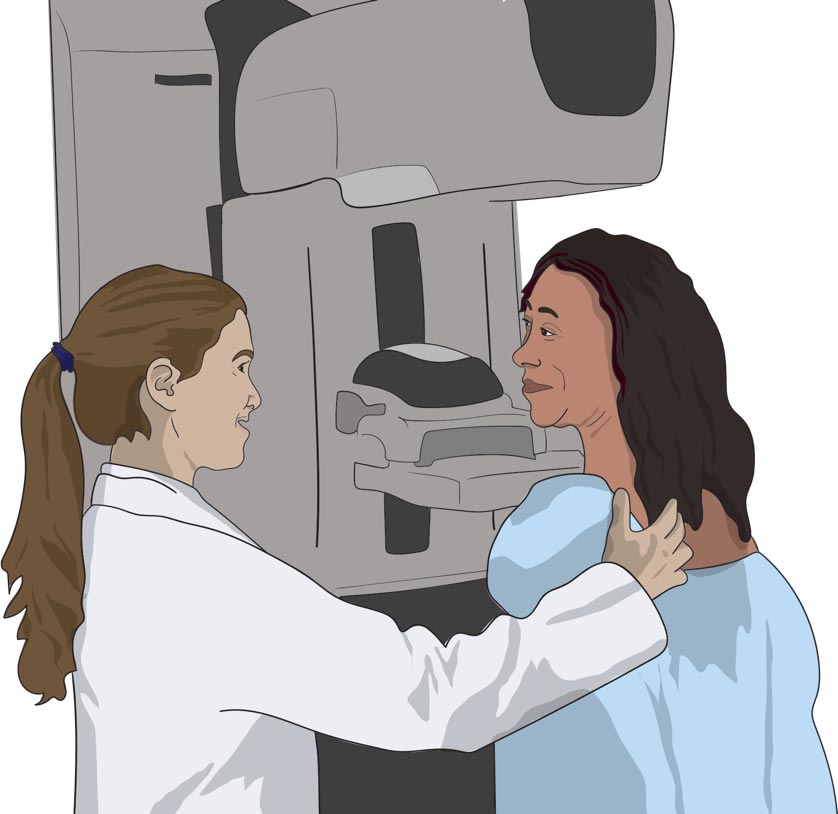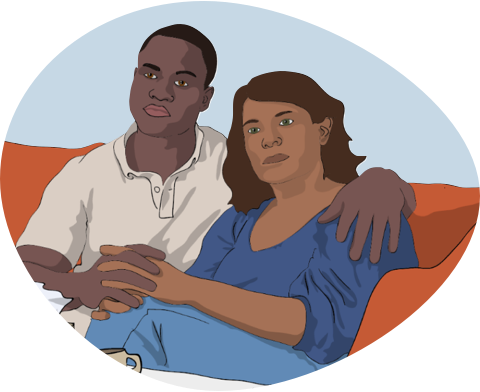For Health Professionals
Culturally appropriate, optimal cancer care for Aboriginal and Torres Strait Islander people
Cancer is the third leading cause of burden of disease for Aboriginal and Torres Strait Islander
people. While Australia’s cancer survival rates are among the best in the world, Aboriginal and Torres Strait Islander people continue to experience a different pattern of cancer incidence and significant disparities in cancer outcomes compared with non-Indigenous Australians.
Factors contributing to these disparities include marginalisation and societal lack of understanding of Aboriginal and Torres Strait Islander culture, disruption of Aboriginal and Torres Strait Islander people’s ties to land, living in remote areas and racism and unconscious bias, which occurs when individuals make automatic negative judgements about people based on irrelevant characteristics such as race or gender.

Culturally competent care
For cancer services to be effective in Aboriginal and Torres Strait Islander health they must operate in ways that show both understanding of and respect for Aboriginal and Torres Strait Islander culture and are responsive to the needs of Aboriginal and Torres Strait Islander people with cancer.
For Aboriginal and Torres Strait Islander people, health and connection to land, culture, community and identity are intrinsically linked. Health encompasses a whole-of-life view and includes a cyclical concept of life-death-life.
Educating health professionals about unconscious bias and how a person’s culture, values and motivations influence their practice is essential for creating a culturally competent workforce. The clinical aspects of optimal care are the same for all people, irrespective of cultural heritage; however, optimal care, by definition, should deliver health services in a way that is culturally responsive and safe.
All health services should prioritise creating a culturally competent workforce. This means ensuring that all health professionals, health managers, receptionists and administrative workers working with Aboriginal and Torres Strait Islander patients have adequate ongoing training and skills in delivering culturally safe healthcare and medical advice.
The Optimal care pathway for Aboriginal and Torres Strait Islander people with cancer has been developed with the aim of reducing disparities and improving outcomes and experiences for Aboriginal and Torres Strait Islander people with cancer. The Optimal care pathway provides guidance to health practitioners and service planners on optimal care for Aboriginal and Torres Strait Islander people with cancer, across the cancer continuum.
-
Optimal care pathway for Aboriginal and Torres Strait Islander people with cancer
-
Culturally safe communication skills for non-Indigenous health professionals Tip Sheet
-
Culturally safe communication skills for non-Indigenous health professionals Videos
-
Communicating effectively with Aboriginal and Torres Strait Islander people QLD Health





